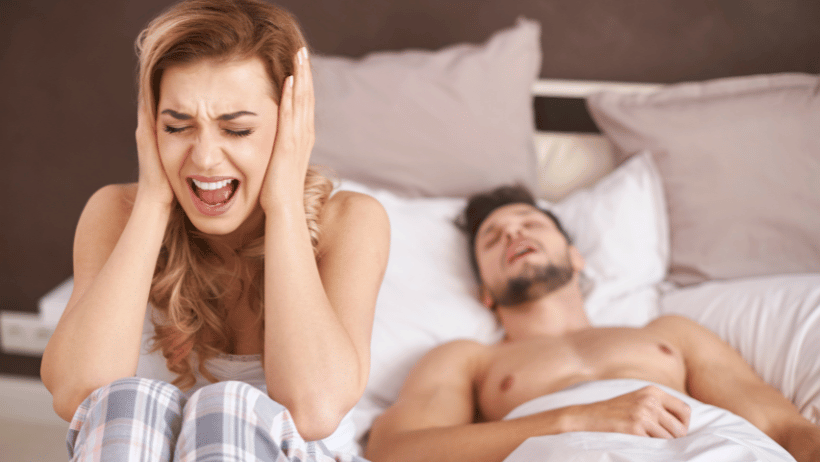Sleep is a fundamental aspect of our daily routine, and it’s crucial for our health and well-being. However, there are many myths surrounding sleep that can prevent us from getting the quality sleep we need. We’ll debunk the top 10 sleep myths and provide you with the facts you need to know to improve your sleep.
Myth 1: You can get by with less than 7 hours of sleep a night
Many people believe that they can function properly with less than 7 hours of sleep a night. However, this is a myth. Studies have shown that adults need between 7 and 9 hours of sleep a night to perform at their best. Getting less than 7 hours of sleep can lead to sleep deprivation, which can have negative effects on your health and well-being.
Myth 2: Snoring is harmless
Snoring is often seen as a harmless annoyance, but it can be a sign of a more serious sleep disorder such as sleep apnea. Sleep apnea is a condition in which breathing stops and starts during sleep, leading to poor sleep quality and other health issues.

Myth 3: Alcohol helps you sleep
Many people believe that a nightcap before bed can help them sleep better. However, while alcohol may help you fall asleep faster, it can actually disrupt your sleep and lead to poor sleep quality.
Myth 4: Watching TV or using your phone in bed is a good way to relax
Many people like to watch TV or scroll through their phones in bed to relax. However, the blue light emitted by electronic devices can disrupt your sleep and make it harder for you to fall asleep.
Myth 5: Naps are a waste of time
Napping can be an effective way to improve your alertness and productivity during the day. However, napping for too long or at the wrong time of day can actually disrupt your nighttime sleep.
Myth 6: Sleeping pills are a safe and effective way to treat insomnia
Sleeping pills can be effective in treating short-term insomnia. However, they can be addictive and can have negative side effects. It’s important to talk to your doctor before taking sleeping pills.
Myth 7: You can catch up on missed sleep on the weekends
Many people believe that they can catch up on missed sleep on the weekends. However, this is a myth. The best way to get the sleep you need is to establish a consistent sleep routine and get the recommended amount of sleep each night.
Myth 8: Snoring only affects overweight people
While being overweight can increase your risk of snoring, anyone can snore. Snoring can be a sign of a more serious sleep disorder, so it’s important to talk to your doctor if you snore regularly.
Myth 9: Exercise before bed will help you sleep
While exercise can improve your sleep quality, exercising too close to bedtime can actually make it harder for you to fall asleep. It’s best to exercise earlier in the day.
Myth 10: You can train yourself to need less sleep
Many people believe that they can train themselves to need less sleep. However, this is a myth. Getting less than the recommended amount of sleep can lead to sleep deprivation and negative health effects.
In conclusion, there are many myths surrounding sleep that can prevent us from getting the quality sleep we need. By debunking these myths and learning the facts about sleep, we can improve our sleep habits and lead healthier, happier lives.
FAQs
- How much sleep do I need each night?
- The recommended amount of sleep for adults is between 7 and 9 hours per night.
- Can snoring be a sign of a more serious sleep disorder?
- Yes, snoring can be a sign of a more serious sleep disorder such as sleep apnea. If you snore regularly, it’s important to talk to your doctor.
- Is it okay to take sleeping pills to treat insomnia?
- While sleeping pills can be effective in treating short-term insomnia, they can be addictive and have negative side effects. It’s important to talk to your doctor before taking sleeping pills.
- Can napping be beneficial?
- Yes, napping can be an effective way to improve your alertness and productivity during the day. However, it’s important to nap for the right amount of time and at the right time of day to avoid disrupting your nighttime sleep.
- Can exercise before bed help you sleep?
- Exercising too close to bedtime can actually make it harder for you to fall asleep. It’s best to exercise earlier in the day to improve your sleep quality.




